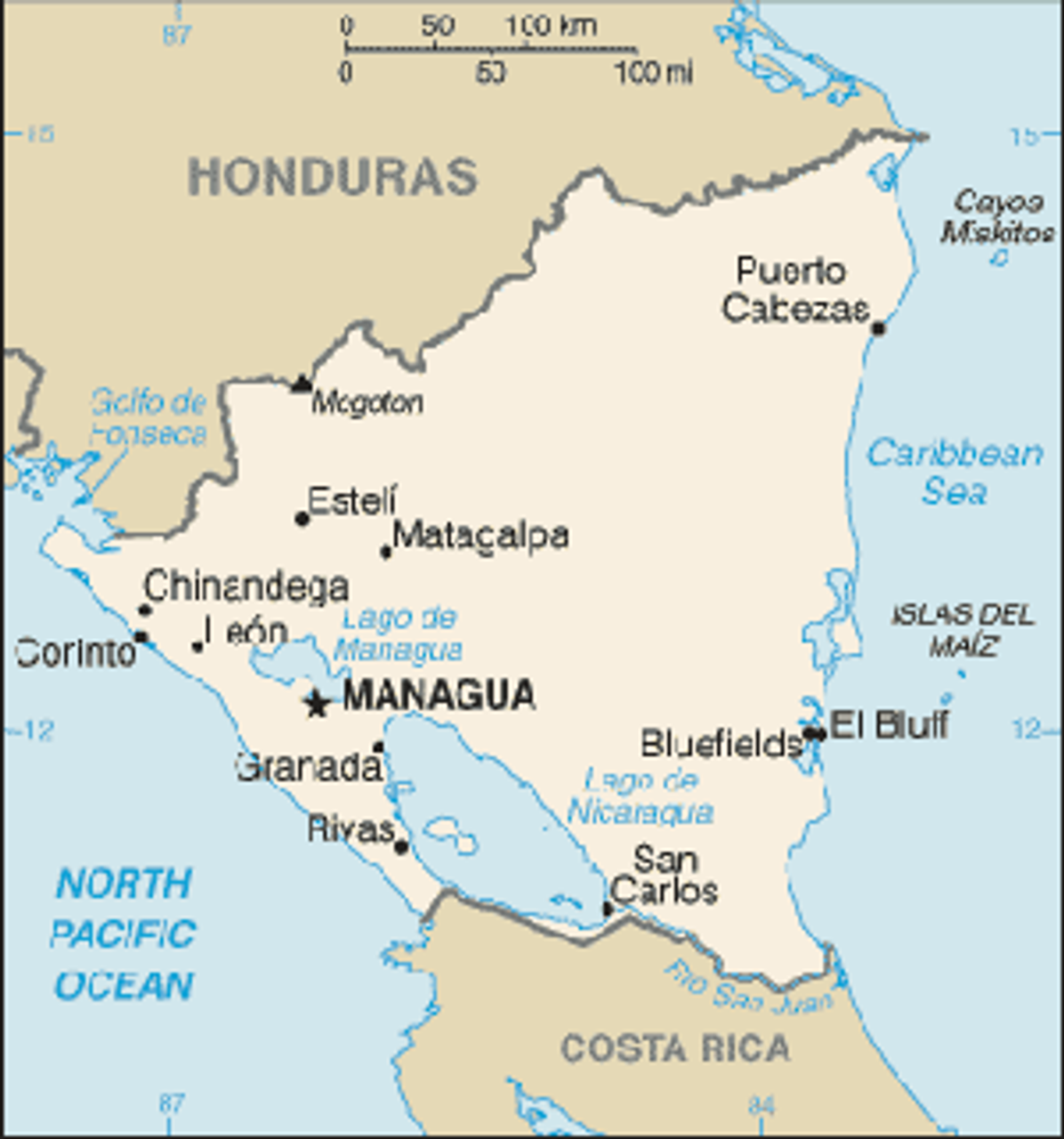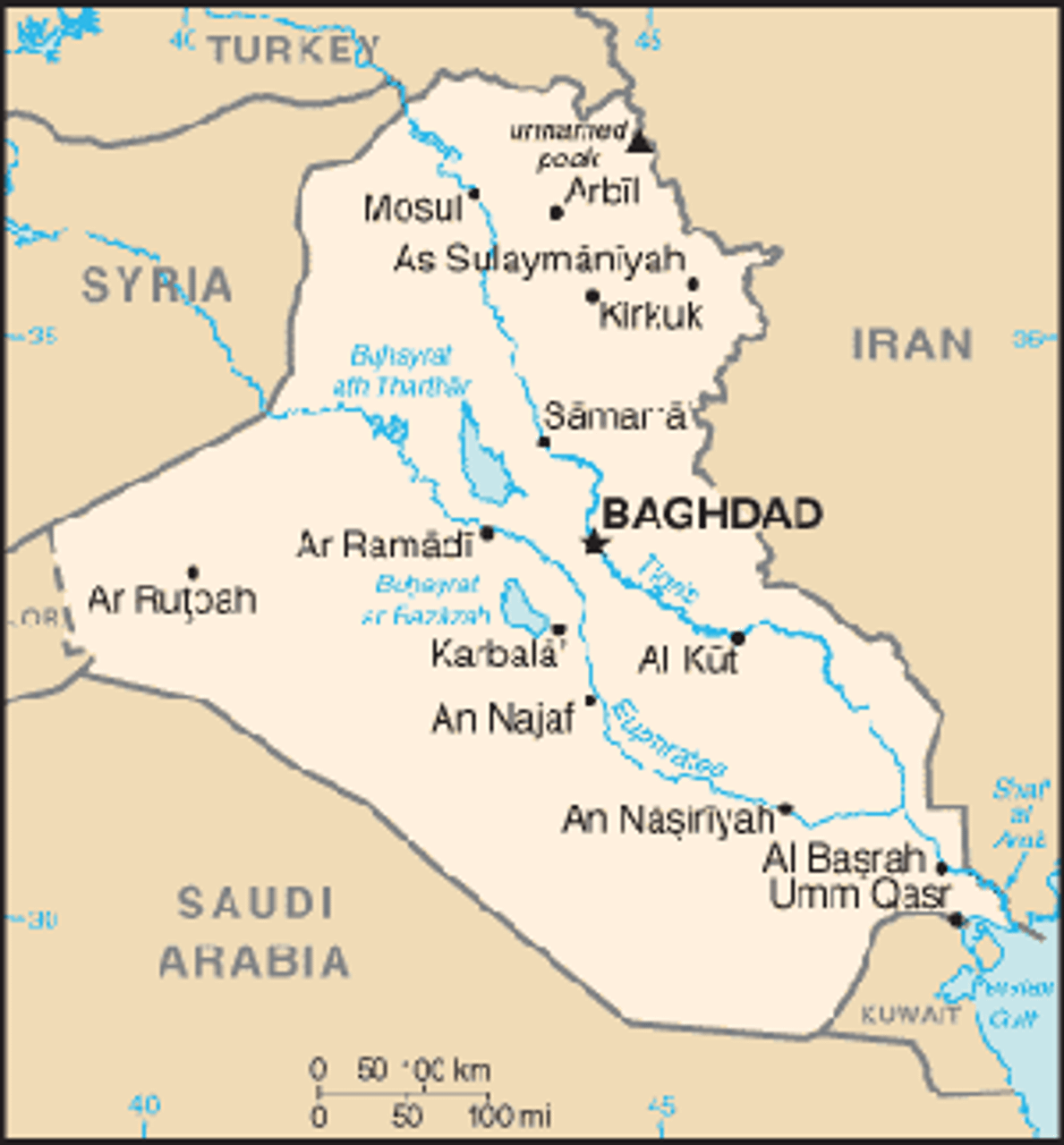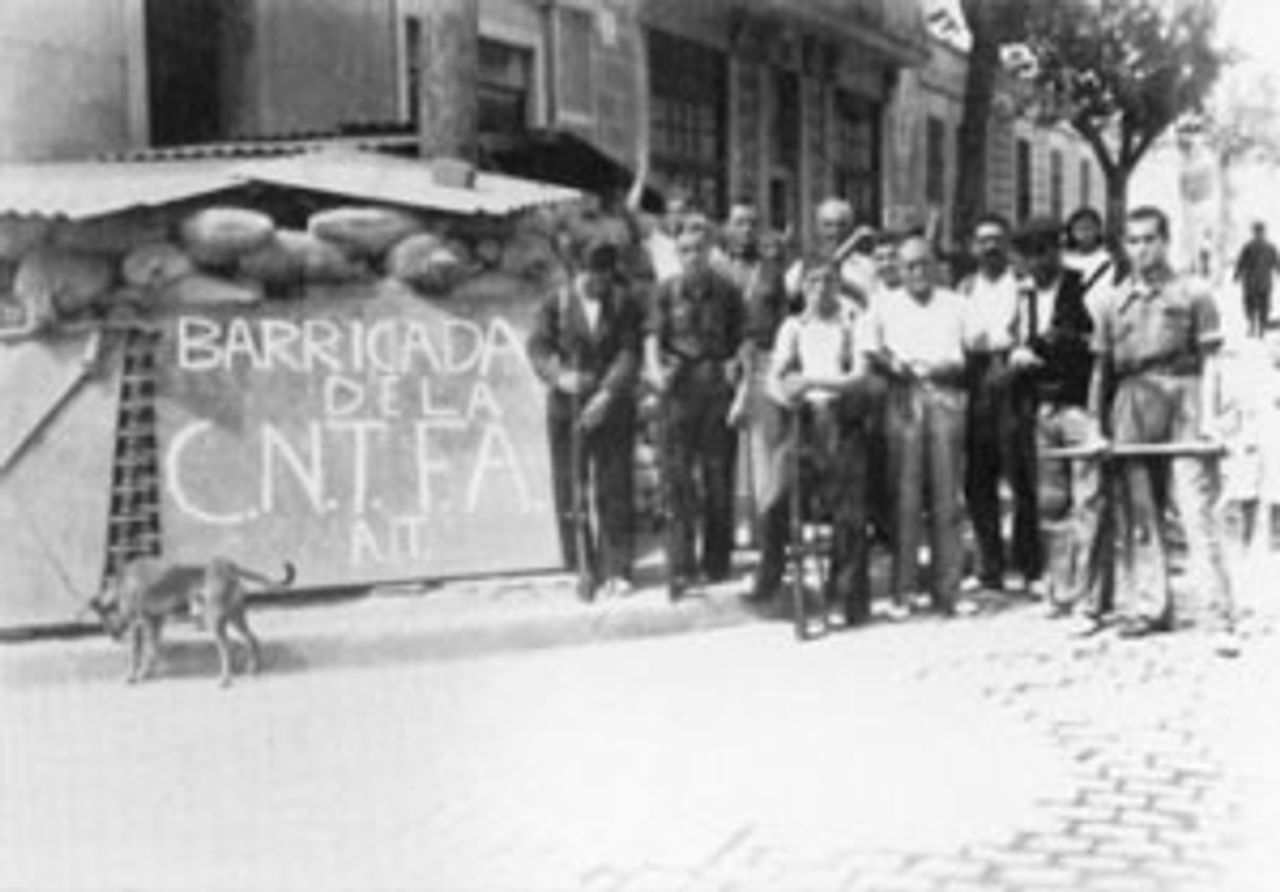This Week in History provides brief synopses of important historical events whose anniversaries fall this week.
25 Years Ago | 50 Years Ago | 75 Years Ago | 100 Years Ago
25 years ago: Contra land mines kill Nicaraguan civilians
 Land mines laid across northern Nicaragua by US-armed Contra rebels were responsible for killing dozens of civilians, a report in the July 18, 1986 New York Times revealed. The Contras served as a US proxy in a six-year-long dirty war aimed at toppling the nationalist Sandinista government.
Land mines laid across northern Nicaragua by US-armed Contra rebels were responsible for killing dozens of civilians, a report in the July 18, 1986 New York Times revealed. The Contras served as a US proxy in a six-year-long dirty war aimed at toppling the nationalist Sandinista government.
The land mines were placed in civilian areas away from Nicaragua’s northern border with Honduras, the base of operations for the Contra death squads. One of the largest disasters occurred when a mine exploded a bus, killing 34 passengers in Jinotega province. The Times’ Stephen Kinzer reported that residents in about a dozen villages in the province told him of land mine disasters.
According to western diplomats interviewed in Managua, Nicaragua’s capital, the Contras had rapidly increased their use of land mines beginning in the latter half of 1985 as their military fortunes began to fade. Washington responded to the failure of the Contras by stepping up funding. The Democratic-controlled House of Representatives had weeks earlier approved an additional $100 million in funding for the Contras, while the Reagan administration was providing additional aid through the illegal sale of weapons to Iran.
Though the Times did not admit it, the land mining of civilian roads was the result of deliberate US policy. The effort to terrorize the civilian population into submission was laid out in a CIA manual entitled Psychological Operations in Guerrilla Warfare which the World Court ruled weeks earlier had “encouraged the commission by [the Contras] of acts contrary to general principles of humanitarian law.”
50 years ago: Iraq walks out of Arab League over Kuwaiti entrance
 On July 20, 1961, the Arab League approved the admittance of Kuwait as a member state. The move was a major blow to the Iraqi regime of Abd al-Karim Qasim, which held that Kuwait—only recently granted nominal independence by the United Kingdom—was rightfully part of Iraq.
On July 20, 1961, the Arab League approved the admittance of Kuwait as a member state. The move was a major blow to the Iraqi regime of Abd al-Karim Qasim, which held that Kuwait—only recently granted nominal independence by the United Kingdom—was rightfully part of Iraq.
The British had carved out the tiny sheikdom near the delta of the Tigris and Euphrates at the end of World War I, after taking Iraq from the defeated Ottoman Empire. The move blocked Iraq from possession of a deep-sea port. The discovery of oil in Kuwait—it earned $400 million in petroleum revenue in 1960—heightened its importance to the UK and US as an “independent” nation.
The Arab League vote was unanimous, the Iraqi delegate having earlier marched out of the meeting in protest, accusing the League of “walking with British imperialism.” On July 21 it was announced the British military would remain in Kuwait until replaced by forces under the control of the Arab League’s Military Advisory Committee.
The vote was an exposure of the bankruptcy of Pan-Arabism and the incapacity of the elites in oppressed countries to achieve even the most basic national aims. Among those voting in favor of Kuwaiti recognition was the delegate from the United Arab Republic (UAR), whose president, Gamal Abdel Nasser, was the most prominent Pan-Arab figure.
The same day Nasser helped to smother Iraqi designs on Kuwait, he ordered the nationalization of the banks in Syria, which together with Egypt comprised the UAR. The attempt to place the Syrian economy under his control alienated the Syrian elite, and would lead to the collapse of the UAR within two months.
75 years ago: Spanish workers revolt in Barcelona and Madrid
 Barcelona workers at barricades, July 19, 1936
Barcelona workers at barricades, July 19, 1936On July 19, 1936, workers in Barcelona seized army barracks in response to the mutiny two days earlier of Gen. Francisco Franco and the Spanish generals in Spanish-held territory in Morocco. The workers’ revolt took place simultaneously in Madrid and soon spread throughout the territory under Republican control.
For 48 hours after Franco’s declaration of war on the Republic, Spain’s Popular Front government refused to arm workers. More afraid of socialist revolution and of the Spanish workers and peasants than of Fascism, the Stalinist-backed Azana government denied an invasion of the mainland had occurred, even after the southern city of Seville had fallen. It instead desperately implored the generals for a face-saving compromise while appealing, in complete futility, for military aid from France and Britain.
Spanish workers did not wait for the signal for an armed struggle that would never come from the Popular Front leaders. They had still fresh in their minds the 1934 suppression of the working class revolt in Asturias, when thousands of workers and their families were slaughtered by troops commanded by Franco. Workers quickly mobilized and thereby prevented the immediate capitulation of the Republic.
Two days after the Generals moved to capture Spain’s urban centers, on July the 19th 1936, the Catalan workers, at times almost barehanded, successfully stormed the barricades of the Barcelona garrison. General Goded was captured the same afternoon. By the afternoon of the next day the workers controlled the whole city. A major Mediterranean port and Spain’s second-largest city, Barcelona and the surrounding region was home to the majority of Spain’s industrial workers.
Simultaneously the workers of Madrid mobilized, distributing weaponry and constructing barricades around the Montana army barracks. After news arrived of the success of the Barcelona working class on July 21, Madrid’s workers also successfully stormed the barracks. Some 5,000 Asturian miners marched on Madrid armed with dynamite stolen from the mine quartermaster.
“Without so much as by-your-leave to the government, the proletariat had begun a war to the death against fascists,” Felix Morrow wrote. “The initiative had passed out of the hands of the republican bourgeoisie. How are we to characterize such a regime? In essence, it was identical with the regime which existed in Russia from February to November 1917—a regime of dual power.”
100 years ago: Lloyd George says UK ready for war with Germany
 David Lloyd George in 1908
David Lloyd George in 1908The threat of war among the Great Powers continued to gather this week in 1911, with negotiations between France and Germany at a stalemate over the Agadir crisis, precipitated by Berlin’s sending of the warship the Panther to Morocco’s coastal waters.
In return for renouncing claims over the coastal city of Agadir, Germany was demanding France compensate it by handing over much of the French Congo, by allowing Germany the right to preemption in the Belgian Congo—a right then enjoyed by France—and by granting Germany commercial protections in Morocco. As the Times of London put it, Germany’s demands were nothing less “than a claim for absolute European predominance” that neither France nor Britain could possibly accept.
Britain responded to Germany’s demands by laying down the gauntlet. Chancellor of the Exchequer Lloyd George, in a July 21 speech in the Mansion House, spelled out the position of the British ruling class: it would sooner go to war on behalf of France, for centuries its chief rival, rather than see its position as a Great Power eroded further at the expense of the new rising continental power, Germany.
“I believe that it is essential… that Great Britain should at all hazards maintain her place and prestige among the Great Powers,” George said. “But if a situation were to be forced upon us in which peace could only be preserved… by allowing Great Britain to be treated where her interests are vitally affected as if she were no account in the cabinet of nations—than I say emphatically that peace at that price would be a humiliation intolerable for a great country like ours to endure.”
